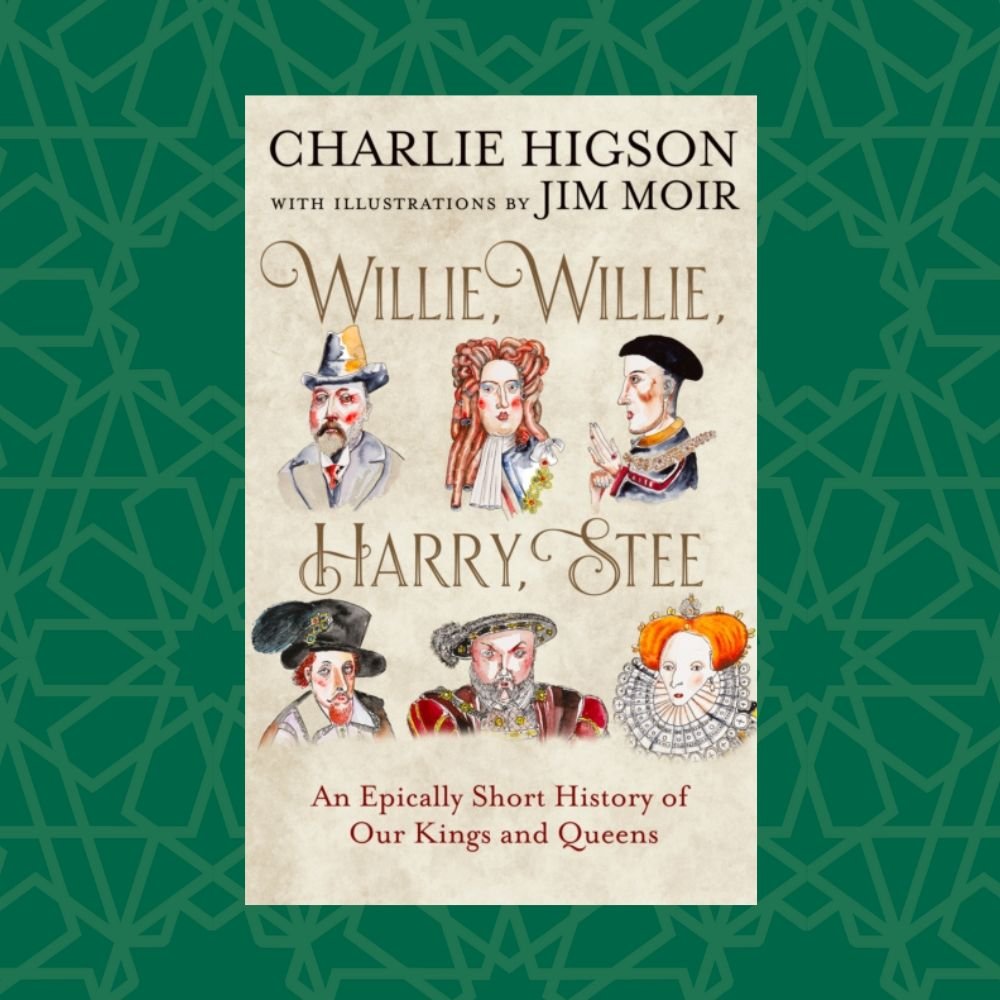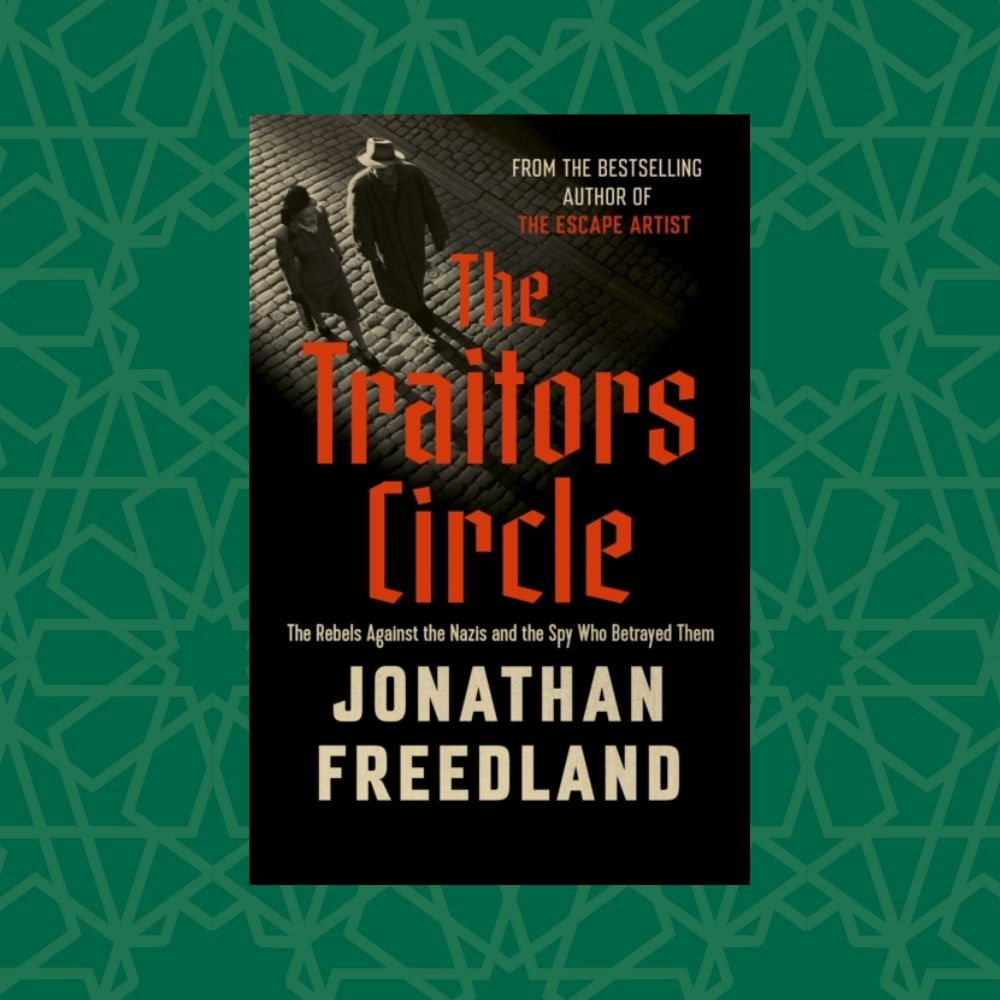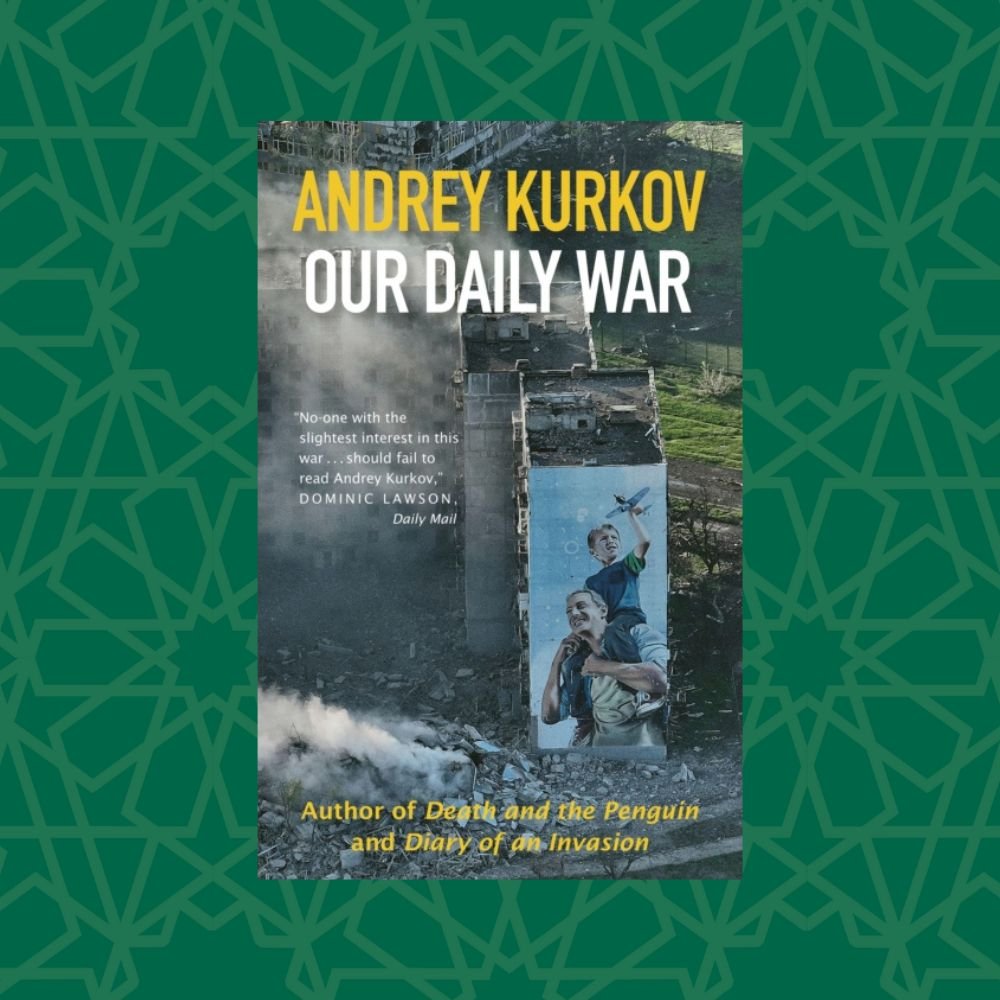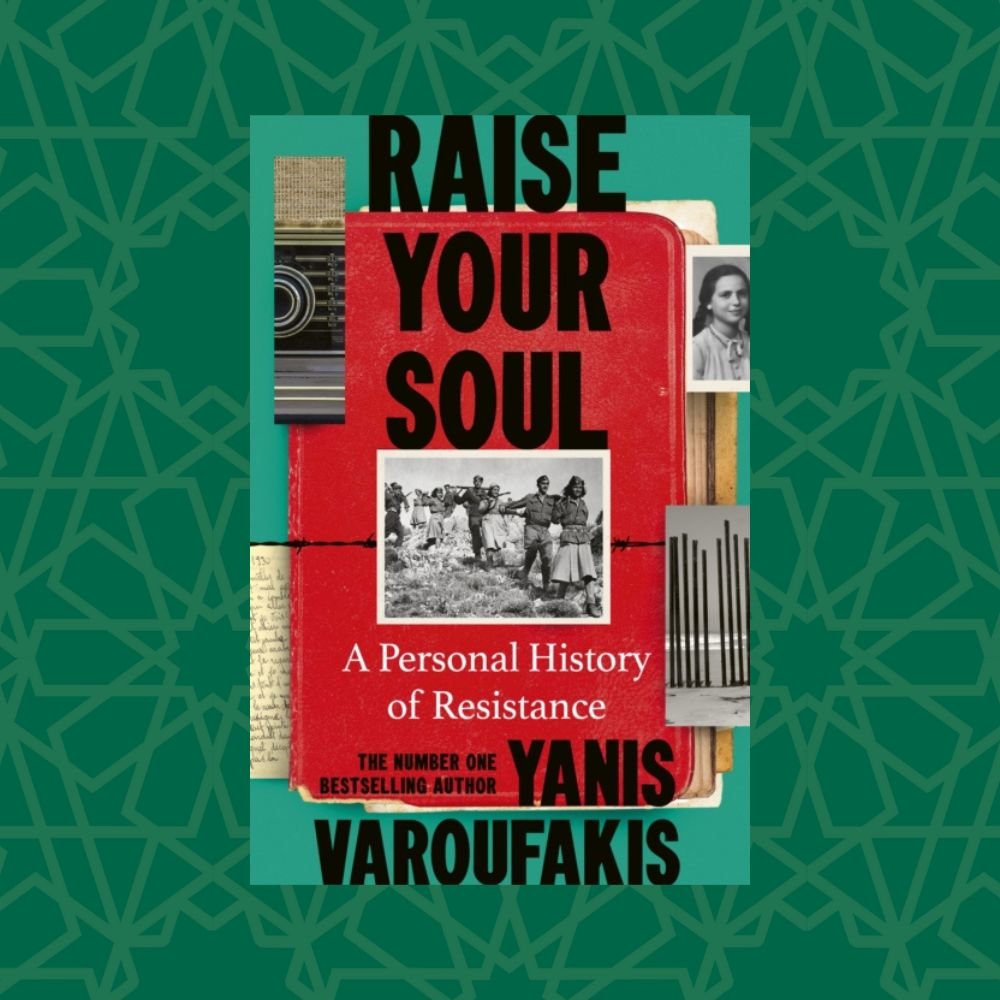 Image 1 of
Image 1 of


Cassino '44 by James Holland
signedhardbackThere are no such thing as an easy victory in war but after triumph in Tunisia, the sweeping success of the Sicilian invasion, and with the Italian surrender, the Allies were confident that they would be in Rome before Christmas 1943. And yet it didn't happen. Hitler ordered his forces to dig in and fight for every yard, thus setting the stage for one of the grimmest and most attritional campaigns of the Second World War.
By the start of 1944, the Allies found themselves coming up against the Gustav Line: a formidable barrier of wire, minefields, bunkers and booby traps, woven into a giant chain of mountains and river valleys that stretched the width of Italy where at its strongest point perched the Abbey of Monte Cassino. It would take five long bitter winter months and the onset of summer before the Allies could finally bludgeon their way north and capture Rome. By then, more than 75,000 troops and civilians had been killed and the historic abbey and entire towns and villages had been laid waste.
Following a rich cast of characters from both sides - from frontline infantry to aircrew, from clerks to battlefield commanders, and from politicians and civilians caught up in the middle of the maelstrom - James Holland has drawn widely on diaries, letters and contemporary sources to write the definitive account of this brutal battle. The result is a compelling and often heart-breaking narrative, told in the moment, as the events played out, and from the perspective of those who lived, fought and died there.
signedhardbackThere are no such thing as an easy victory in war but after triumph in Tunisia, the sweeping success of the Sicilian invasion, and with the Italian surrender, the Allies were confident that they would be in Rome before Christmas 1943. And yet it didn't happen. Hitler ordered his forces to dig in and fight for every yard, thus setting the stage for one of the grimmest and most attritional campaigns of the Second World War.
By the start of 1944, the Allies found themselves coming up against the Gustav Line: a formidable barrier of wire, minefields, bunkers and booby traps, woven into a giant chain of mountains and river valleys that stretched the width of Italy where at its strongest point perched the Abbey of Monte Cassino. It would take five long bitter winter months and the onset of summer before the Allies could finally bludgeon their way north and capture Rome. By then, more than 75,000 troops and civilians had been killed and the historic abbey and entire towns and villages had been laid waste.
Following a rich cast of characters from both sides - from frontline infantry to aircrew, from clerks to battlefield commanders, and from politicians and civilians caught up in the middle of the maelstrom - James Holland has drawn widely on diaries, letters and contemporary sources to write the definitive account of this brutal battle. The result is a compelling and often heart-breaking narrative, told in the moment, as the events played out, and from the perspective of those who lived, fought and died there.
signedhardbackThere are no such thing as an easy victory in war but after triumph in Tunisia, the sweeping success of the Sicilian invasion, and with the Italian surrender, the Allies were confident that they would be in Rome before Christmas 1943. And yet it didn't happen. Hitler ordered his forces to dig in and fight for every yard, thus setting the stage for one of the grimmest and most attritional campaigns of the Second World War.
By the start of 1944, the Allies found themselves coming up against the Gustav Line: a formidable barrier of wire, minefields, bunkers and booby traps, woven into a giant chain of mountains and river valleys that stretched the width of Italy where at its strongest point perched the Abbey of Monte Cassino. It would take five long bitter winter months and the onset of summer before the Allies could finally bludgeon their way north and capture Rome. By then, more than 75,000 troops and civilians had been killed and the historic abbey and entire towns and villages had been laid waste.
Following a rich cast of characters from both sides - from frontline infantry to aircrew, from clerks to battlefield commanders, and from politicians and civilians caught up in the middle of the maelstrom - James Holland has drawn widely on diaries, letters and contemporary sources to write the definitive account of this brutal battle. The result is a compelling and often heart-breaking narrative, told in the moment, as the events played out, and from the perspective of those who lived, fought and died there.





